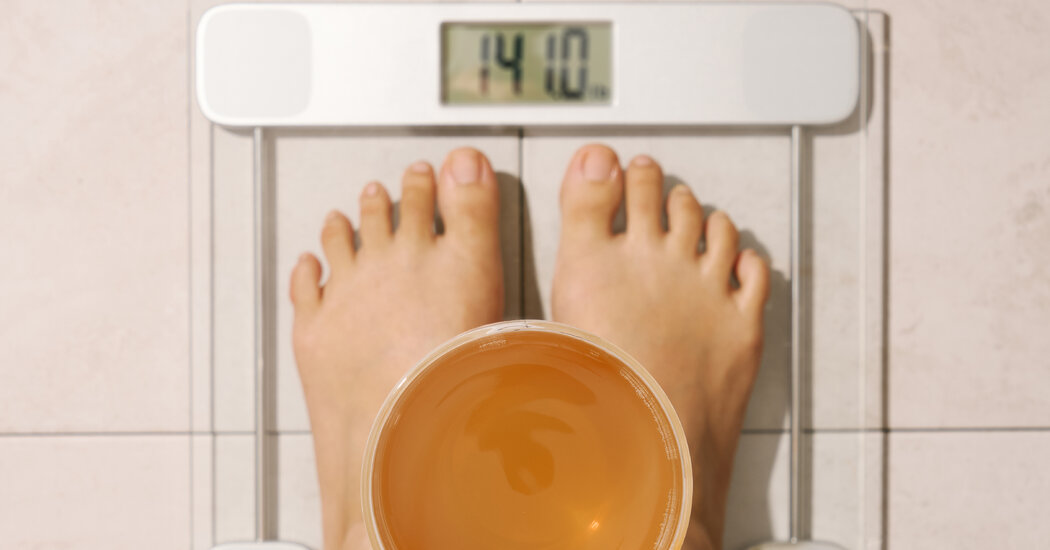Q: I keep seeing TikToks calling green tea “nature’s Ozempic.” Is there any truth to that?
Green tea has been bandied about as a diet hack for centuries: In ancient China 2,000 years ago, people touted the beverage as a weight loss tool. In modern times, the drink has been a staple of diet books and meal plans.
Now, green tea has followed the inevitable trajectory of any weight loss trick: It’s getting big on TikTok. Viral videos claim the drink aids with shedding pounds, going so far as to call it “nature’s Ozempic.” Some posts suggest drinking as many as five cups a day.
While there is some research into green tea and weight, the evidence on whether a mug (or several) can melt away pounds is unclear, said Dr. Jyotsna Ghosh, an obesity medicine doctor at Johns Hopkins University.
The link between green tea and hunger hormones
Many of the TikTok videos claim that green tea boosts the production of GLP-1, a gut hormone that prompts the pancreas to release insulin after a meal. That insulin, in turn, lowers blood sugar. GLP-1 also slows down the rate at which food leaves the stomach, and it affects areas of the brain that regulate hunger.
Ozempic and drugs like it deliver a compound that mimics GLP-1, making people feel fuller faster. Many stop experiencing strong cravings for food.
Some researchers have theorized that green tea might stimulate GLP-1, in part because studies have found green tea extract can lower blood sugar in diabetic mice. But there have been only a few small studies in humans, and the results are inconclusive. One of the few clinical trials on the subject, which looked at 92 people with Type 2 diabetes, suggested there was not a notable difference in GLP-1 production between people who took green tea extract and those who took a placebo pill.
